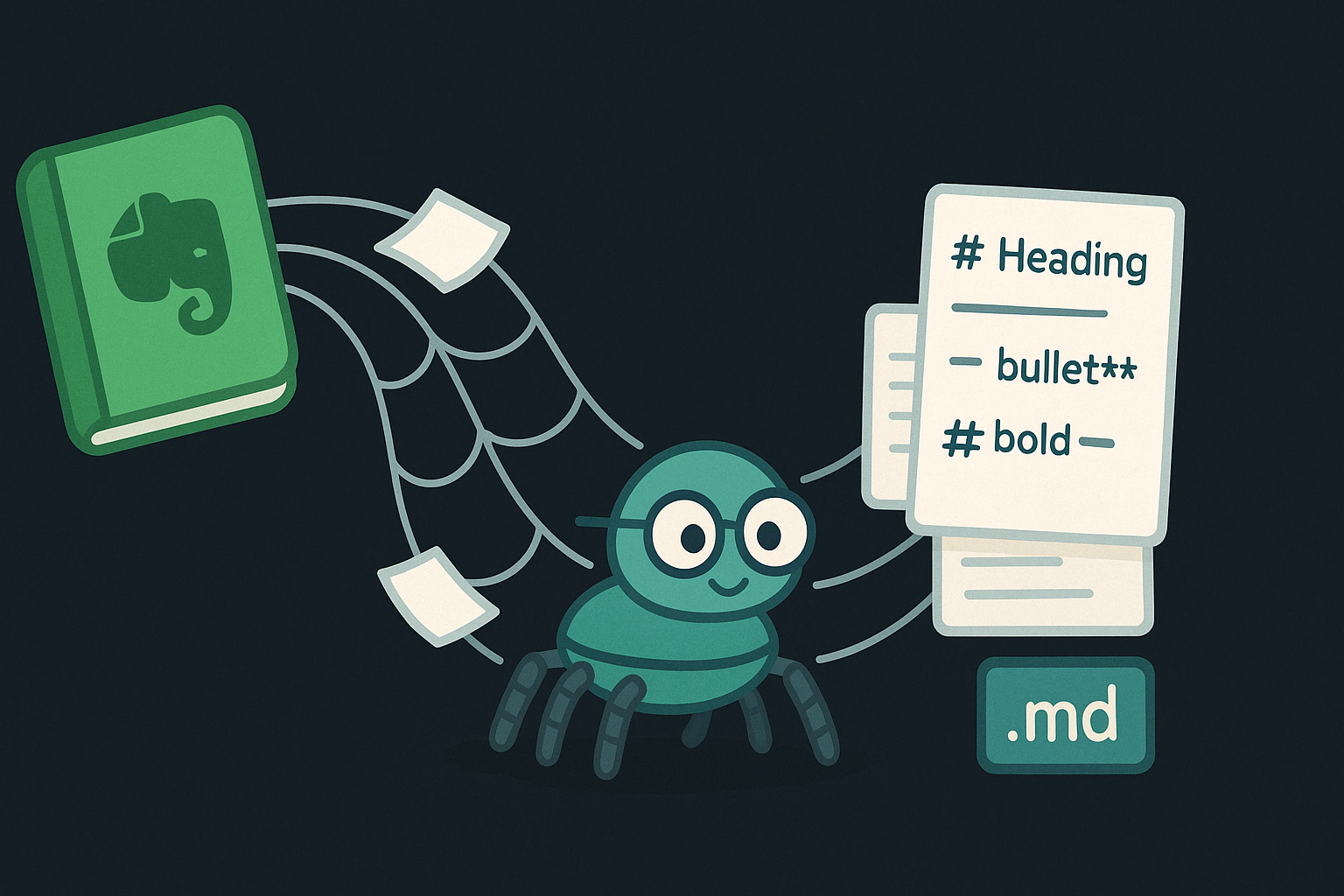
Last Update: April 25, 2025
BY eric
eric
Keywords
Take Some Words Seriously: Adding Edge to Your Trading
Not all market crashes start with a chart. Some begin with a single word — whispered by a central bank, printed in a report, or trending on Twitter. In a world ruled by data and sentiment, the right (or wrong) word can trigger waves of volatility.
Smart traders don’t just watch price action — they read the narrative. Headlines, statements, earnings calls, and even social media posts hold hidden clues about what’s about to move. In this piece, we explore how paying close attention to certain market-moving words can add a real edge to your trading.
What Makes a Word ‘Market-Breaking’?
Some words carry outsized weight. They don’t just describe the market — they move it. Here's what gives them power:
- Tied to systemic risk or macroeconomic shifts
- Widely interpreted by news-trading algorithms and market participants
- Frequently surface in headline-level data: Bloomberg, Reuters, Fed statements, Twitter
Words like "default" or "rate hike" don’t exist in a vacuum — they set off a chain reaction in asset repricing, sentiment shifts, and volatility spikes.
Categories of Market-Breaking Words
🏦 Central Bank Triggers
These signal shifts in monetary policy — often leading to broad market repricing.
- "Rate Hike"
- "Taper"
- "Pause"
- "Pivot"
- "Liquidity Trap"
🧨 Geopolitical Flashpoints
These can disrupt supply chains, oil prices, and global confidence.
- "Invasion"
- "Missile Strike"
- "Nuclear"
- "Sanctions"
- "Embargo"
💰 Economic Doom Indicators
These words create fear about broad economic health and growth.
- "Recession"
- "Default"
- "Crisis"
- "Contagion"
- "Debt Ceiling"
🐻 Market Panic Phrases
Instant triggers for fear-driven moves, often accompanied by high volatility.
- "Crash"
- "Bear Market"
- "Selloff"
- "Circuit Breaker"
- "Flash Crash"
🧮 Corporate Bombshells
Company-specific shocks that ripple through indices or sectors.
- "Bankruptcy"
- "Fraud"
- "Restatement"
- "Layoffs"
- "Guidance Cut"
🕵️♂️ Regulatory Triggers
Often the start of longer-term negative sentiment, especially in sectors.
- "SEC Probe"
- "Ban"
- "Investigation"
- "Fine"
- "Lawsuit"
How These Words Trigger Reactions
- News-reading trading bots pick up certain keywords and act within milliseconds
- Retail traders respond emotionally through social media sentiment
- Institutional desks quickly re-evaluate exposure and hedge risk
The result? Spikes in volume, volatility, and often, trend reversals or accelerations.
Historic Examples
- "Subprime" — sparked the 2008 global financial crisis
- "Taper" — triggered the 2013 bond market tantrum
- "Pandemic" — caused a global crash in early 2020
- "GameStop" — ignited the 2021 meme stock mania
- "Rate Hike" — repeated shocks in 2022 during Fed tightening cycles
- "Liberation Day" - the term used by Trump during the US-led trade wars in 2025. As tariffs and retaliations spread across global economies, markets reacted violently. The phrase came to symbolize a shift toward protectionism and nationalistic rhetoric, culminating in sharp sell-offs across global markets.
These were more than just events. They were language moments that changed how the market perceived the future.
How to Build a Word Alert System
To make language part of your trading strategy, set up alerts or scripts to detect high-impact terms in real-time sources:
Sources to Monitor:
- Fed minutes & speeches
- Central bank statements
- Earnings calls and transcripts
- Real-time Twitter and financial news APIs
- SEC filings
Tools You Can Use:
- NLP libraries (spaCy, NLTK)
- Large language models (LLMs)
- News APIs (NewsAPI, Alpha Vantage, Benzinga)
- RSS + keyword matchers
- Google Alerts + Zapier/IFTTT
Final Thoughts
In the noise of the markets, it’s easy to overlook a single word. But often, that’s where the signal hides. The smartest traders don’t just read the charts — they read the room.
One word can change the market — and if you're not listening, you're not trading with the full picture.
So next time you see a headline with “unexpected,” “default,” or “recession,” don’t just scroll past. Take it seriously. It might just be the edge you’ve been missing.
Previous Article

Oct 03, 2021
Setting up Ingress for a Web Service in a Kubernetes Cluster with NGINX Ingress Controller
A simple tutorial that helps configure ingress for a web service inside a kubernetes cluster using NGINX Ingress Controller
Next Article

Apr 25, 2025
Words That Move Markets: The Most Dangerous Vocabulary in Finance
In the world of finance, words can be as powerful as numbers. This article explores the vocabulary that can trigger market reactions.



